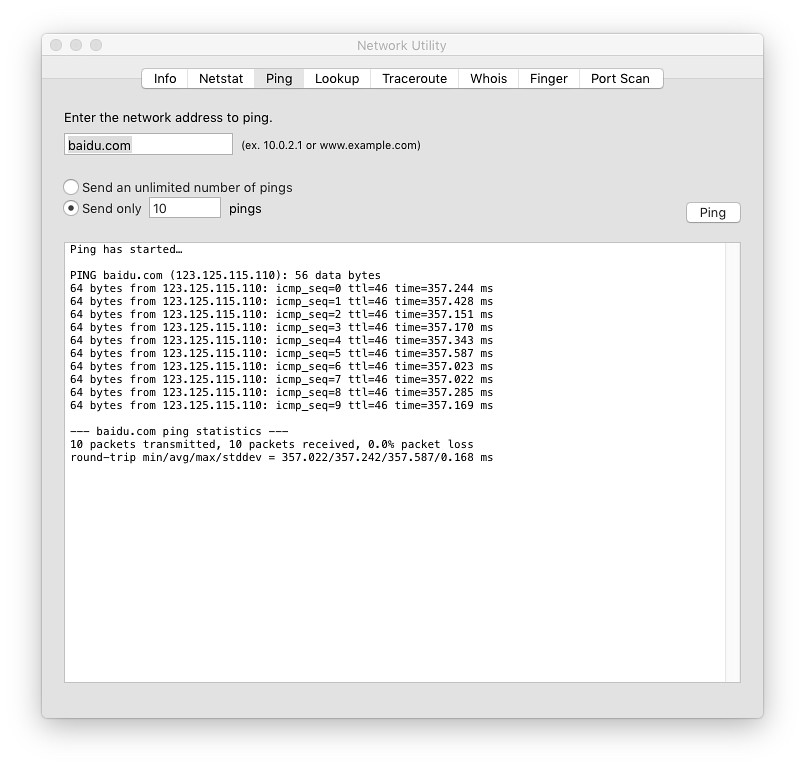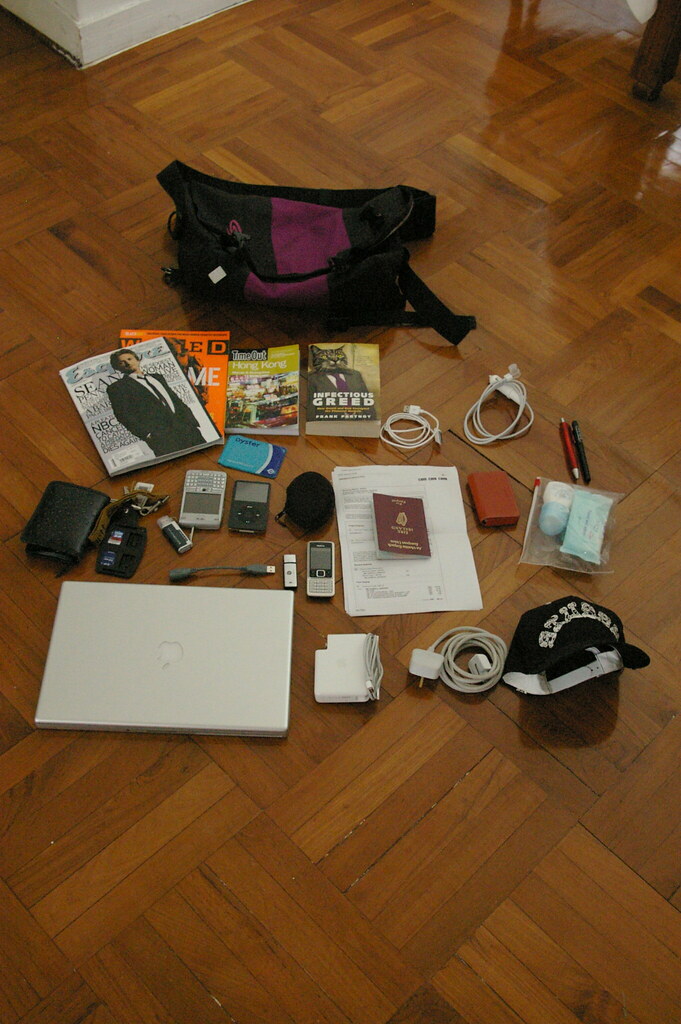Over time I’ve built up a web toolbox that help with my workflow. This is many of the ones which have bailed me out of trouble time and time again.
Communication
Slack – yes i know that it seems like hipster CB radio. But its popular and you are likely to need to get with the programme. I am a great believer in only accessing Slack only via the desktop interface, by booting the app up once an hour. Part of the reason for this is because it can be a time suck; in the way that email was when it came into offices back in the 1990s. A second reason is Slack keyboard short cuts make life so much easier.
Content
Facebook Cheatsheet: Image Sizes and Dimensions 2018 – hypebot – the most up to date guide that I have for Facebook image formats. Really handy for briefing artworkers.
Hemingway – I have paid good money for the native app, but Hemingway’s web interface is a great gateway drug to improve your writing. I have friends who would recommend the fuller featured Grammarly. Try them both and see what works best for you. In the UK a key consideration is that you can’t always get online; which is is why went with the Hemingway native app.
Development
Balsamiq – great rapid wire framing tool that I find easier than Adobe’s offerings. Also worthwhile looking at OmniGraffle – I’ve used the Mac version for years.
BuildWith – this has saved me hours of work over the years. A client wan’t extra functionality on their website. You need to know what they use to understand if you even want to pitch for it, or if you have to scramble to find a Sitecore developer to partner with.
Influencers
Takumi – make the briefing process of Istagrammers a bit easier with Takumi; when you are dealing with them en masse with this specialised outsourcing service
Digging out influencers in a given area for influencer mapping and influencer marketing programmes is a time intensive process to validate and sieve candidates. Traackr is a good tool to start this process with. They also have workflow tools in there which may be of use depending on what else you use.
Networking

Once upon a time there there used to be a great all in one tool called Sam Spade. It was a Windows app and a web app. The Windows app hasn’t been maintained and the web app has gone. Central Ops does at least some of the things that Sam Spade used to do. If you’re a Mac user who has dug around at all in your machine you will know that there is also a handy little app called Network Utility. Central Ops provides you with a way to validate and trouble shoot email addresses and see if a domain is available for registration.
Research
Google – Yeah I know. Not exactly surprising; but I have a couple of articles on how to get the most out of the privacy-violating search engine: Grokking Google and II.
Pinboard – When you discover things, it is often hard to re-find them again with your search engine of choice.Algorithmic changes, personalisation of search results and an ever growing web can all work against you. Pinboard keeps the links that you find within easy reach. It allows you to notate the links and categorise them with tags. I use the Pinner app on my iPhone to access my Pinboard account on the go. It’s a lighter weight service than Evernote or Mendeley. If you are already an assiduous user of those services instead, keep going with them. The key thing is develop a habit that will facilitate smarter research. If you use Pinboard in association with a web page capture service like archive today and you can protect yourself if the page changes.
Standard Deviation Calculator – This just makes life so much easier. Take a string of numbers, drop them in and get the appropriate values out. This makes data analysis so much easier.
Wolfram Alpha – handy search engine with a lot of verified data. You can get tips on how to get the most out of it here.
Search marketing
Ahrefs – paid for service that’s really good at understanding your competitors SEO mojo including a back link checker and pretty comprehensive competitor research tools.
Rich Results Test – Google Search Console – see if a site takes advantage of Google’s rich results functionality (particularly handy when you are trying to highlight key information on a website). More on the how and why of them on Econsultancy.
Sitebeam – an all-in-one tool that provides comprehensive technical SEO audits on websites. It even outputs the results as a PDF. This makes life so much easier.

